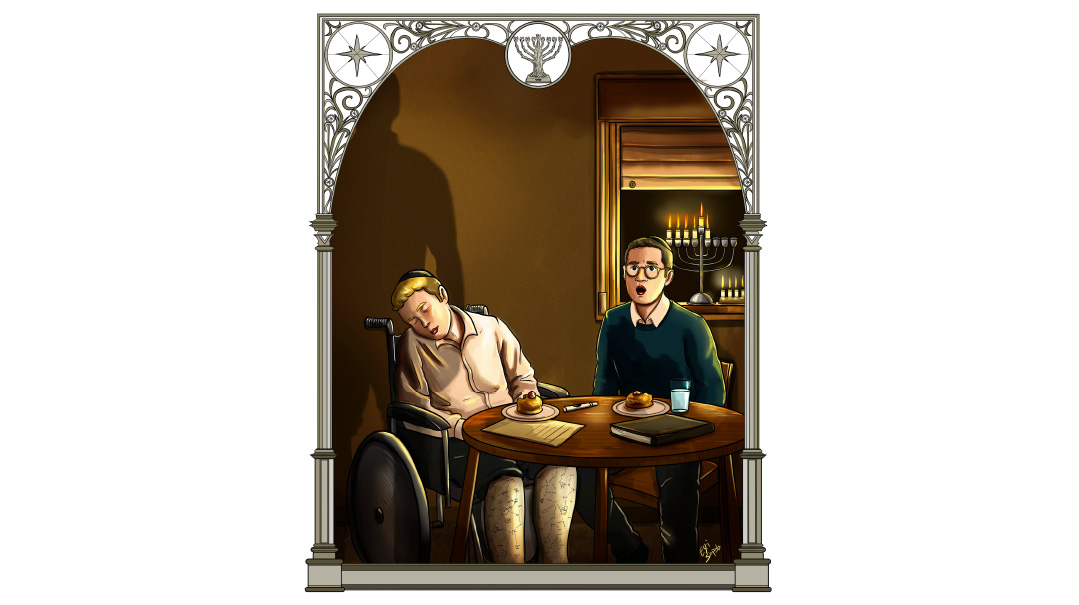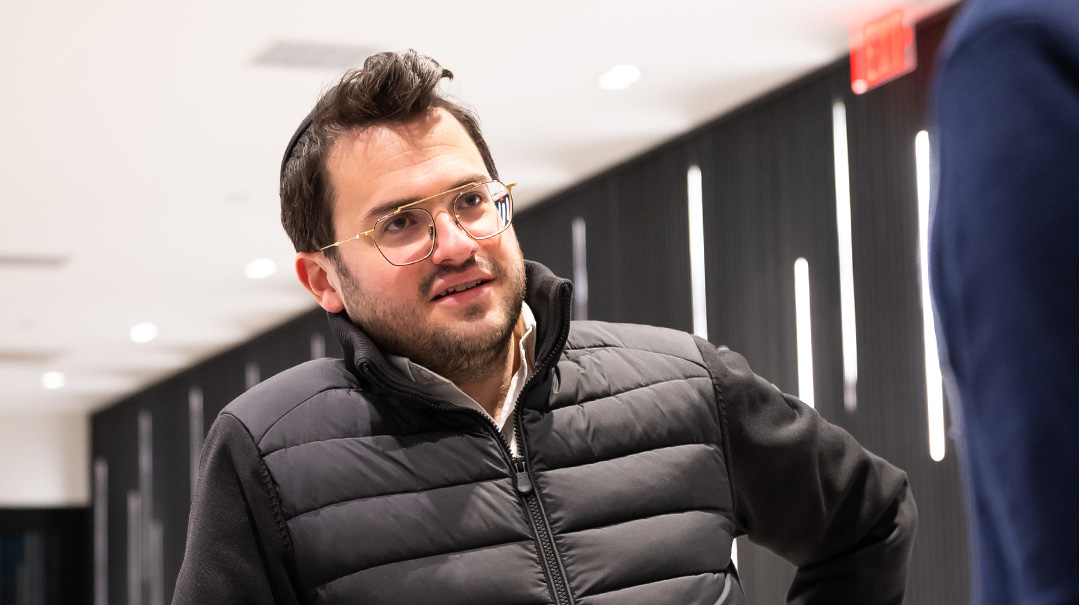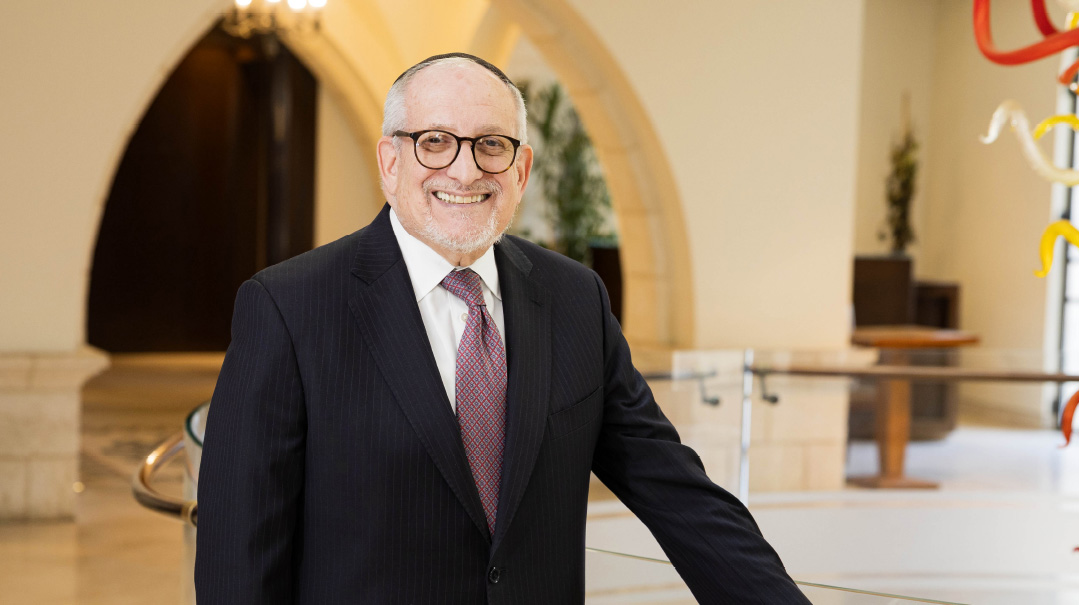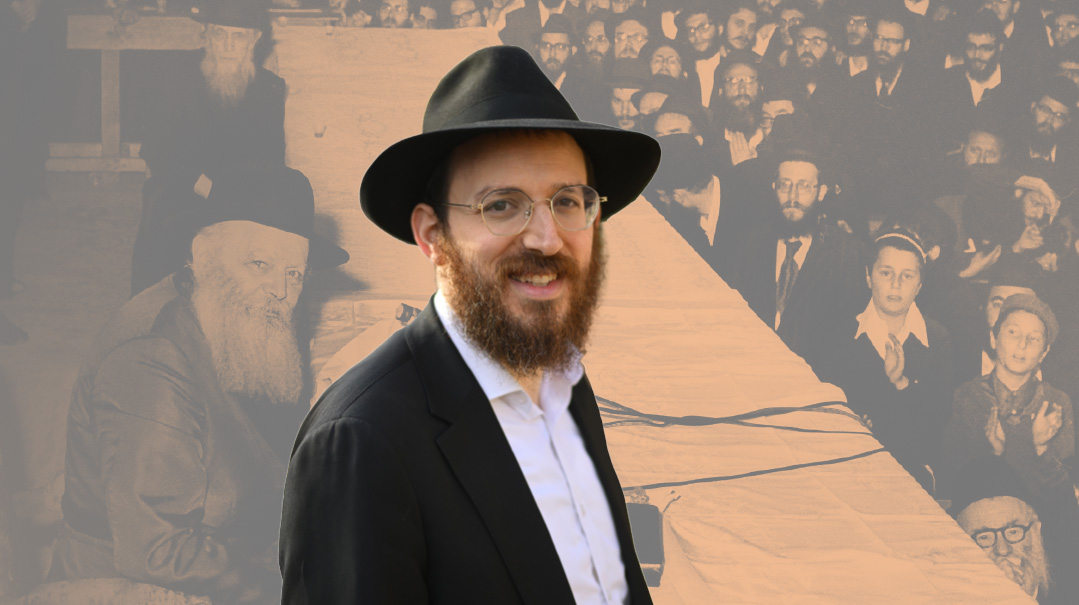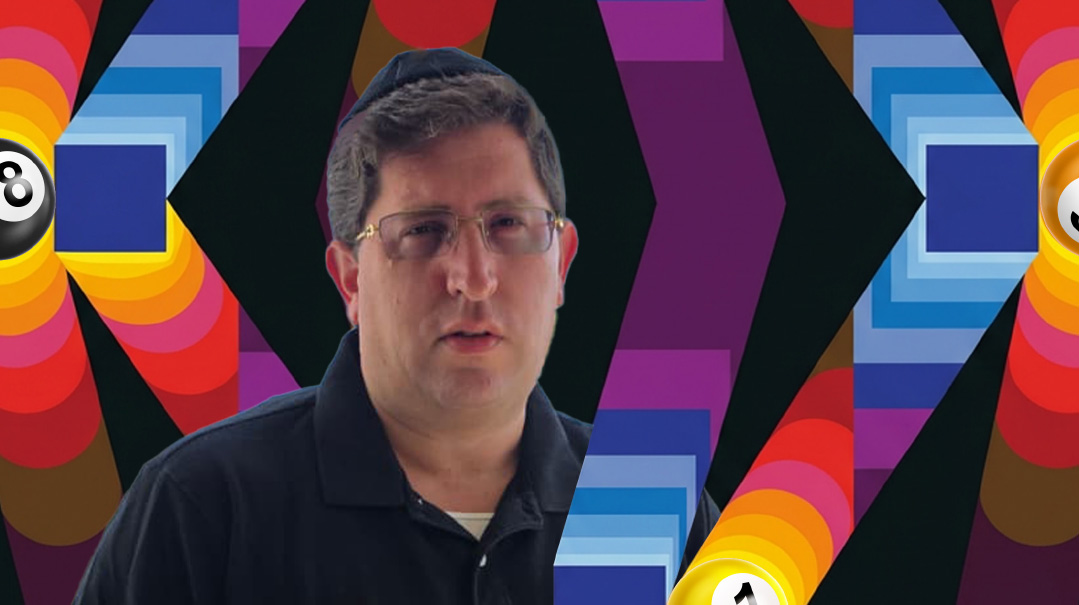Cancel Culture Is Coming for You

As cancel culture spills over from the world of social media into academia, politics, business, and religious rights, we spoke to experts about the menace. Their conclusion? If you speak up, you could be canceled next
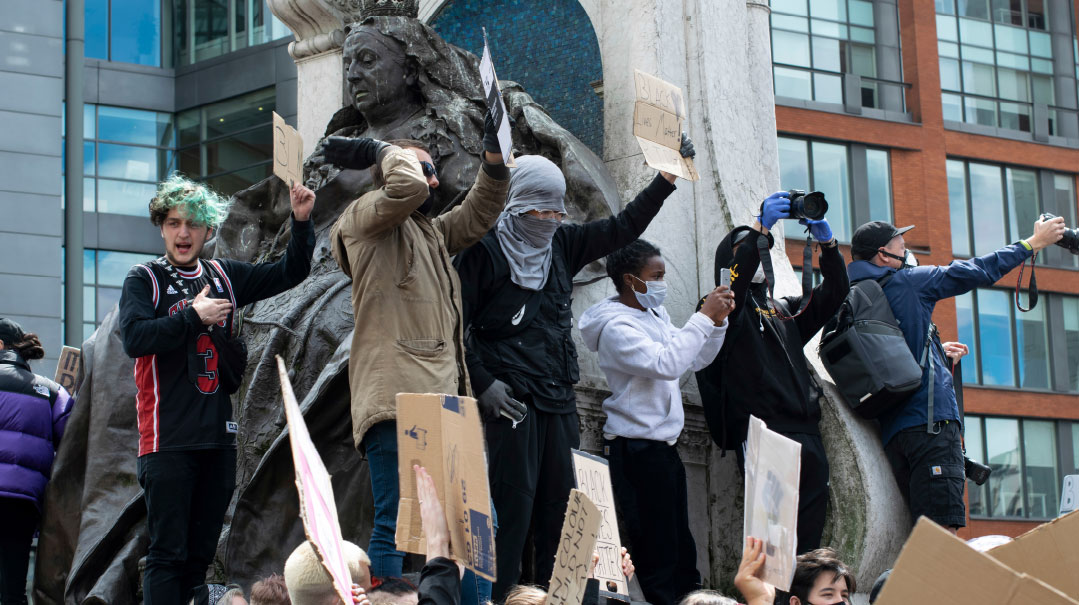
As Americans celebrated July 4 this week with fireworks and barbecues, for a growing number — and not only militant Black Lives Matter (BLM) protesters — the hymn to the “land of the free” rang increasingly hollow.
On the right side of the political aisle, the rise of “cancel culture,” an amorphous trend of social media attacks on those who express unprogressive views, has led many to question the cost of voicing the “wrong” opinions on race, gender, and politics.
Even for those who don’t engage in or put much stock in social media traffic, there’s a broader trend of silencing, shaming, or disenfranchising those who don’t march in lockstep with the leftist beat. In the long American culture wars, this is gearing up to be a crucial battle, where everything from politics, the media, higher education and business are arenas for conflict.
Recent victims range from the famous, like author J.K. Rowling, for supposed bigotry against gender-fluidity campaigners; to officials like Cormac J. Caney, a district judge in California, who according to the Los Angeles Times was forced to resign after praising an African-American clerk as “street-smart”; to a Latino man in San Diego who lost his job after being videoed unwittingly trailing his hands in what was claimed to be a white-power gesture.
In fact, no part of America’s cultural legacy seems safe. First statues of Confederate generals were targeted, and then came Abraham Lincoln’s turn, for supposedly being a white supremacist. There were calls for Mount Rushmore, a presidential monument in South Dakota, to be changed to reflect America’s ethnic diversity. “Aunt Jemima,” a brand of pancake syrup sold since 1889, was canceled for being a racial stereotype. Corporate giants like Coke and Starbucks caved to the Cancel Mob by boycotting Facebook for allowing Donald Trump’s supposedly racist tweets. Even LEGO announced that they were pausing marketing of police-station sets.
What Vox, a liberal website, sees as “an extension of civil rights activists’ push for meaningful change,” the right sees as evidence of the far-left’s frightening domination of what’s now culturally acceptable to say or think. Cancel culture, they say, is not so much a boycott technique as a larger assault on America’s very identity.
Across the Atlantic, that concern was echoed by Winston Churchill’s granddaughter, who said that the war leader’s statue outside parliament in London would be better off in a museum, where it would be safe from attack by local surrogates of America’s BLM movement.
Alarmism over the left-wing takeover of American institutions has a long history. The Closing of the American Mind was a 1987 bestseller describing the relativism taking over American universities. But this moment feels different. The current brand of militant liberalism is closing off all debate by writing off social conservatives as bigots — and therefore irrelevant, unworthy, and illegitimate.
Conservatives are using fatalistic language to discuss the almost total takeover of the mainstream media, academia, and corporate worlds by left-wing groupthink. “Jacobins” and “Red Guards” are the terms du jour for the left-wing thought police. Writing on Quillette, a conservative website, Professor Eric Kaufmann of London’s Birkbeck College (a left-wing bastion) concluded that “faced with neglect or hostility from the media and educational establishment, conservatives should use civil society institutions, associations, and media to keep the country’s customs and traditions alive in recognizable form.”
While most of the frum world is not exposed to the vitriol and mob rule of social media, the threat of the cancel wars should matter very much. As the proverbial canaries in the coal mine, religious Jews have been early victims of liberal intolerance.
As cancel culture spills over from the world of social media into academia, politics, business, and religious rights, we spoke to experts about the menace.
Their conclusion? If you speak up, you could be canceled next.
Oops! We could not locate your form.

